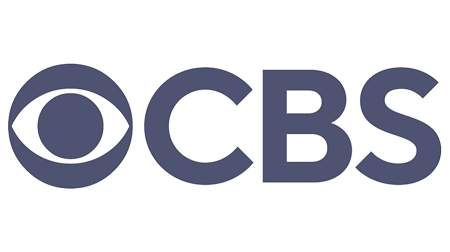The long bull market in equities finally ended in the first quarter, and we cannot be sure that stocks won’t test their lows again, given the potential for further shocks either in the progress of the virus or numbers on the economy like the ten million new jobless claims in the last two weeks.
At this moment, it is impossible to know what the economic recovery will look like without knowing the progression of the virus. Testing will be paramount, to that end we had good news this week The ID NOW COVID-19 test which is run on a lightweight box (the size of a small toaster) will soon be widely available. Because of its small size, it can be used in more non-traditional places where people can have their results in a matter of minutes, bringing an alternate testing technology to combat coronavirus. This process can cut testing wait time to as little as five minutes for positive results and 13 minutes for negative results. Abbott Labs is promising to deliver 50,000 ID NOW COVID-19 tests per day, beginning next week, to the U.S. healthcare system. Widespread testing with quick results will give us a much clearer understanding of the depths of the pandemic and can help us more effectively control the spread.
Even with this positive news, 2020 will be a recession year and thus a very ugly year for corporate profits. I think we will see a slow return to economic activity and probably not the sharp quick recovery some are forecasting. If you remember back to 2001 most things here in NYC returned to normal but somethings were forever changed and became part of our new normal, like showing an id when we enter an office building or taking off our shoes and being screened at the airport. Social distancing will now become a part of our life and I would expect to see more people working from home.
So what does it mean for you?
We will likely see the death toll continue to spike in the coming week or two which will cause continued volatility in the markets. Do NOT try to trade these swings. The best thing to do is to stay the course. Assuming a positive scenario with increased testing and better control of the spread we can as a country gradually get back to business. Having experienced a couple of major bear markets in my career 2000-2002 and 2008-2009. I have seen pockets of extreme volatility but that has not often been indicative of the bottom. In the 2000 bear market it was most volatile in October 2001 post 9/11 and Enron scandal and in June 2002 when MCI Worldcom went bust but the market did not bottom until October 9, 2002. In 2008 the market was most volatile during the bailout of AIG and GM in October of 2008 but did not bottom until March 9, 2009. The lesson is don’t try to time the bottom. Bear markets are a test of your resolve and they typically bottom when the majority of investors can no longer take any more pain and throw in the towel.
I also wanted to quickly mention a couple of interesting items that are in the CARES act that was recently signed into law. Most of the news coverage has been about the direct stimulus recovery payments of up to $1,200 for individuals or $2,400 for married couples filing a joint return, with amounts increasing by $500 for every child. These amounts begin phasing out when individuals have $75,000 in adjusted gross income or couples filing jointly earn $150,000. The direct payments are not available for individuals and couples filing jointly who have adjusted gross incomes of $99,000 and $198,000, respectively.
However, there are three interesting components of the legislation you may not be aware of:
1) REQUIRED MINIMUM DISTRIBUTION: To help provide relief for retirees, the CARES Act allows you to cancel 2020 required minimum distributions (RMDs) for distributions from 401(a), 401(k), 403(a), 403(b) and governmental 457(b) retirement plans and IRAs. Meaning if you don’t need the money to live on you can leave your retirement account alone and give it time to rebound.
2) RETIREMENT PLAN WITHDRAWALS: Penalties and withholding will be waived for qualified distributions from retirement plan accounts The CARES Act waives the 10% early withdrawal penalty and 20% withholding for coronavirus related distributions of up to $100,000 across all qualified retirement plans (if your plan allows) and Individual Retirement Accounts (IRAs). Distributions will be subject to taxation and you will have the option to pay taxes due over a three-year period. The Act also allows you to recontribute within three years regardless of that year’s contribution limit. This will make it easier for you to replace the amount of your distribution in your retirement account. Consult with your personal tax advisor before taking a distribution.
3) RETIREMENT PLAN LOANS: Through Dec. 31, 2020, the CARES Act doubles the current retirement plan loan limits to the lesser of $100,000 or 100 percent of the participant’s vested account balance for the next six months. Generally, loans are limited to the lesser of $50,000 or 50 percent of the participant’s vested balance and must be paid back within five years. Individuals with an outstanding loan from their plan with a repayment due between March 27, 2020, and Dec. 31, 2020, can delay their loan repayments for up to one year.
Financial Advisor Stephen Caruso is here to help at any time. If you would like to schedule a phone appointment. I have included a link to my calendar below and you can self schedule.





